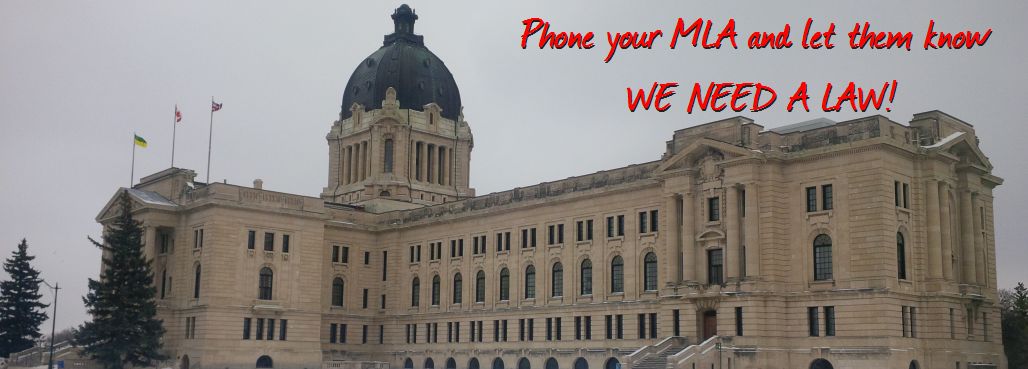Mail your MLA in Seconds
Talking to your MLA is the most valuable tool you have at your disposal to make real change in your province. Even if you don't think your MLA is interested in protecting our children, they still represent you and need to hear your views on this subject
We have prepared three simple letters you can use to contact your MLA.
Listen to our radio ad!
Parental Consent and Access to Health Care
 Parental consent for abortion will protect the health and welfare of minors, as well as foster family unity. It will protect the constitutional rights of parents to raise their children and be involved in all the steps of that process.
Parental consent for abortion will protect the health and welfare of minors, as well as foster family unity. It will protect the constitutional rights of parents to raise their children and be involved in all the steps of that process.Parental Consent and Patient Confidentiality
 As minors are more vulnerable and susceptible to negative influences and outside pressures, laws requiring parental consent protect vulnerable teens from sexual exploitation. A parental consent for abortion law would protect vulnerable minors by alerting parents to potential abuse.
As minors are more vulnerable and susceptible to negative influences and outside pressures, laws requiring parental consent protect vulnerable teens from sexual exploitation. A parental consent for abortion law would protect vulnerable minors by alerting parents to potential abuse.
Consequences of abortion can be serious
 In addition to providing advice prior to an abortion, parents who are aware their daughter has gone through this experience will be in a better position to assist with any physical and psychological care after the procedure.
In addition to providing advice prior to an abortion, parents who are aware their daughter has gone through this experience will be in a better position to assist with any physical and psychological care after the procedure.
This public awareness campaign is a joint effort between Saskatchewan Pro-Life Association and WeNeedaLAW.ca. For more information please contact us here.
 Working through prayer, education and political action, for the respect and protection of all human life, from conception to natural death.
Working through prayer, education and political action, for the respect and protection of all human life, from conception to natural death.
 We Need a Law is a national pro-life organization with a goal of equipping Canadians for effective pro-life action and encouraging political leaders to advocate for laws protecting pre-born children.
We Need a Law is a national pro-life organization with a goal of equipping Canadians for effective pro-life action and encouraging political leaders to advocate for laws protecting pre-born children.






